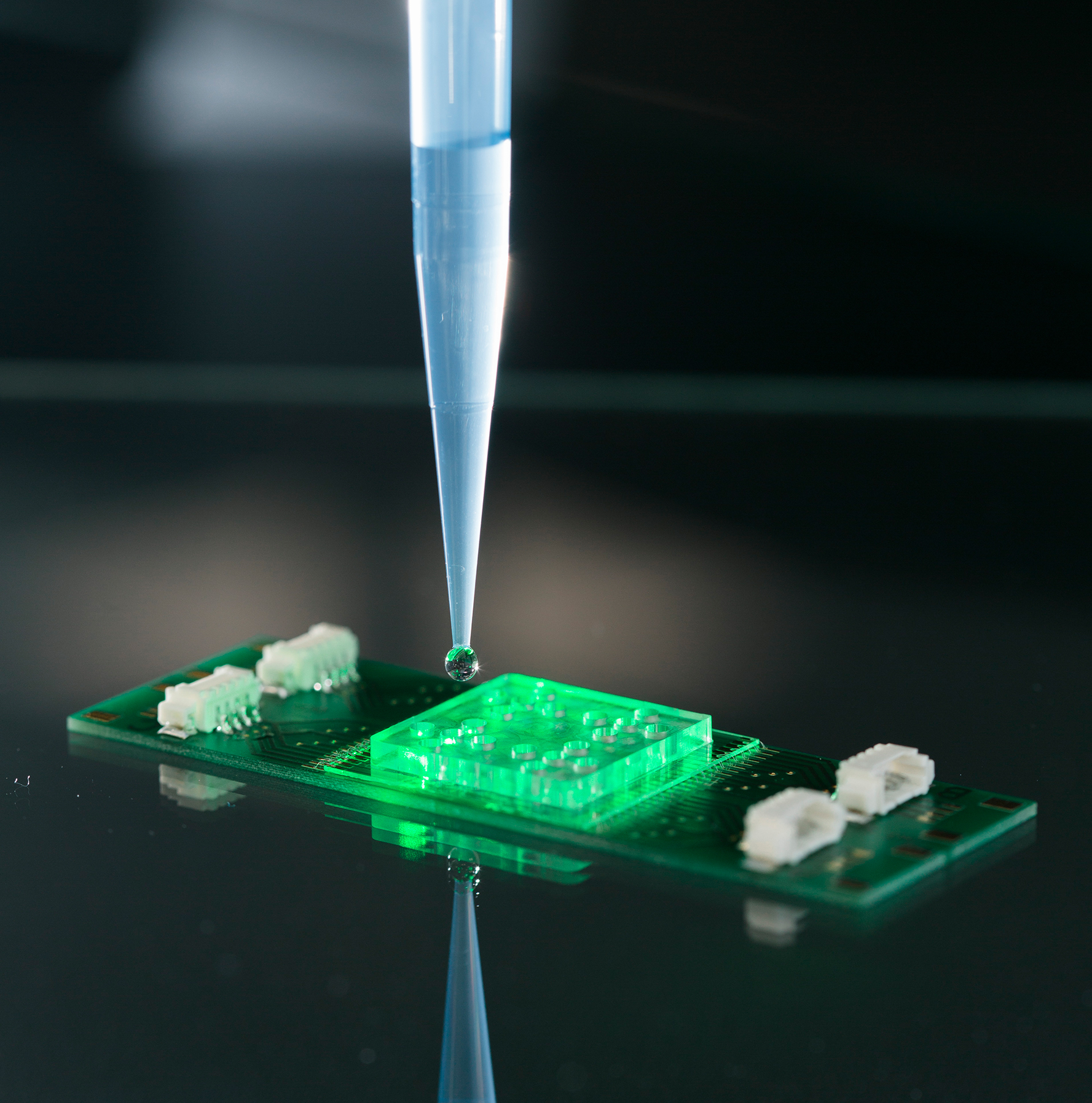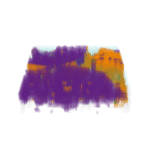- Home
- Research
- Clinical Spectroscopic Diagnostics
Scientific Profile
Our research department researches and develops novel spectroscopic tools and methods for medical diagnostics and the characterization of physiological interactions with special focus on infections and sepsis. We characterize pathogens, elucidate their interaction with drugs and with the host and analyze the host response. We integrate marker- and non-destructive photonic methods into bioanalytical chip systems to reduce the time required for diagnosis and to gain new insights into the pathogenesis of infections and inflammatory processes. The projects are carried out in cooperation with the Center for Sepsis Control and Care at the University Hospital Jena.
Research Topics
- Research into novel optical-spectroscopic approaches for the characterisation of drug-pathogen interactions (antibiotic susceptibility) and pathogen-host interactions
- Development of spectroscopic methods to characterize the host response to infection and inflammation
- Clarification of pathogenesis mechanisms in difficult-to-treat infections using biophotonic methods (Raman, IR and fluorescence spectroscopy and microscopic techniques)
- Physicochemical characterization of stimuli (e.g. loaded nanomaterials) and specific interactions (e.g. protein-hemin, active ingredients in nanomaterials, etc.)
Areas of application

We open up new ways for the marker-free and non-destructive characterization of functional molecules, particles, cells and tissues. This will enable us to develop novel diagnostic tools and methods based on optical spectroscopy as well as tools for research and elucidation of disease and pathogenicity mechanisms.
- Identification of pathogens and their resistance pattern directly from patients sample for early therapeutic decision
- Spectroscopic hemogram revealing activation states of leukocytes directly from peripheral blood
- Biophotonic characterization of intracellular pathogens in intact host cells and tissue


